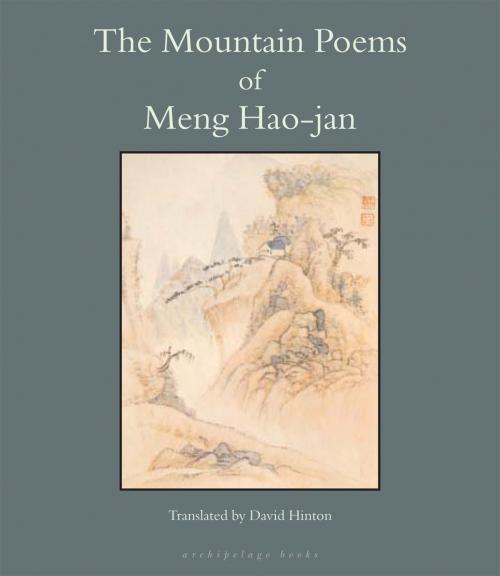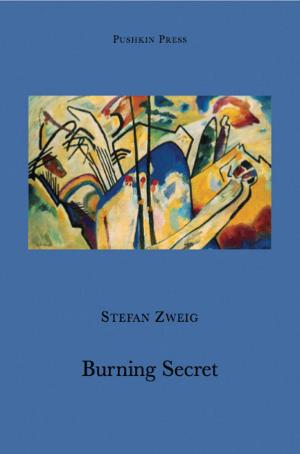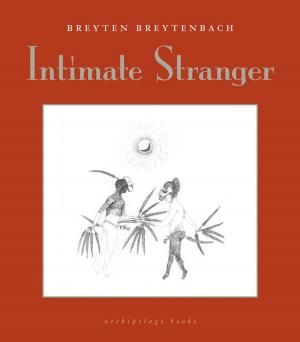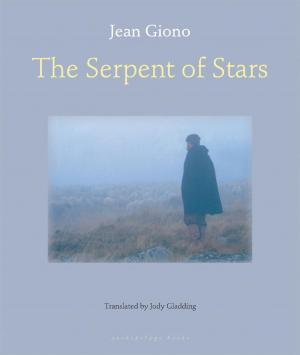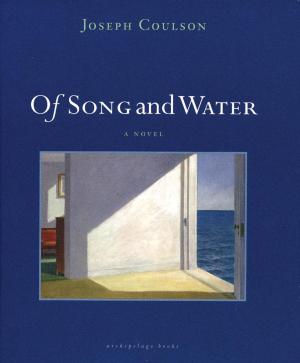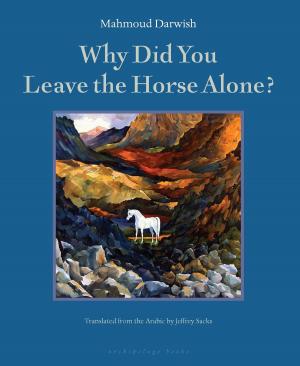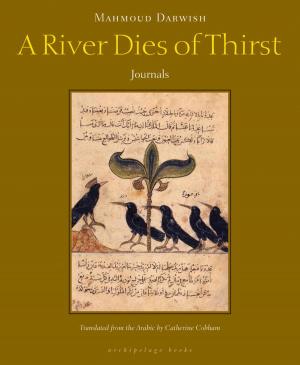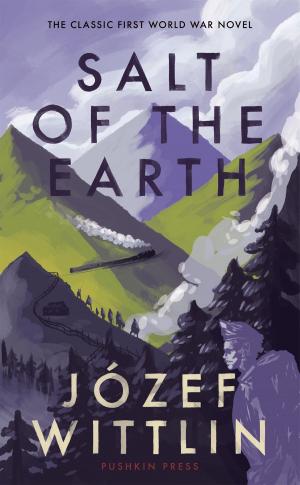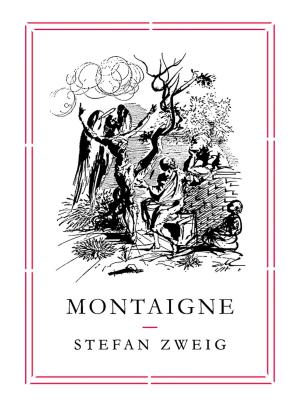The Mountain Poems of Meng Hao-Jan
Fiction & Literature, Literary Theory & Criticism, Poetry History & Criticism, Poetry| Author: | Meng Hao-Jan | ISBN: | 9781935744092 |
| Publisher: | Steerforth Press | Publication: | August 1, 2012 |
| Imprint: | Archipelago | Language: | English |
| Author: | Meng Hao-Jan |
| ISBN: | 9781935744092 |
| Publisher: | Steerforth Press |
| Publication: | August 1, 2012 |
| Imprint: | Archipelago |
| Language: | English |
The first full flowering of Chinese poetry occurred in the illustrious T’ang Dynasty, and at the beginning of this renaissance stands Meng Hao-jan (689-740 c.e.), esteemed elder to a long line of China’s greatest poets. Deeply influenced by Ch’an (Zen) Buddhism, Meng was the first to make poetry from the Ch’an insight that deep understanding lies beyond words. The result was a strikingly distilled language that opened new inner depths, non-verbal insights, and outright enigma. This made Meng Hao-jan China’s first master of the short imagistic landscape poem that came to typify ancient Chinese poetry. And as a lifelong intimacy with mountains dominates Meng’s work, such innovative poetics made him a preeminent figure in the wilderness (literally rivers-and-mountains) tradition, and that tradition is the very heart of Chinese poetry.
This is the first English translation devoted to the work of Meng Hao-jan. Meng’s poetic descendents revered the wisdom he cultivated as a mountain recluse, and now we too can witness the sagacity they considered almost indistinguishable from that of rivers and mountains themselves.
The first full flowering of Chinese poetry occurred in the illustrious T’ang Dynasty, and at the beginning of this renaissance stands Meng Hao-jan (689-740 c.e.), esteemed elder to a long line of China’s greatest poets. Deeply influenced by Ch’an (Zen) Buddhism, Meng was the first to make poetry from the Ch’an insight that deep understanding lies beyond words. The result was a strikingly distilled language that opened new inner depths, non-verbal insights, and outright enigma. This made Meng Hao-jan China’s first master of the short imagistic landscape poem that came to typify ancient Chinese poetry. And as a lifelong intimacy with mountains dominates Meng’s work, such innovative poetics made him a preeminent figure in the wilderness (literally rivers-and-mountains) tradition, and that tradition is the very heart of Chinese poetry.
This is the first English translation devoted to the work of Meng Hao-jan. Meng’s poetic descendents revered the wisdom he cultivated as a mountain recluse, and now we too can witness the sagacity they considered almost indistinguishable from that of rivers and mountains themselves.
